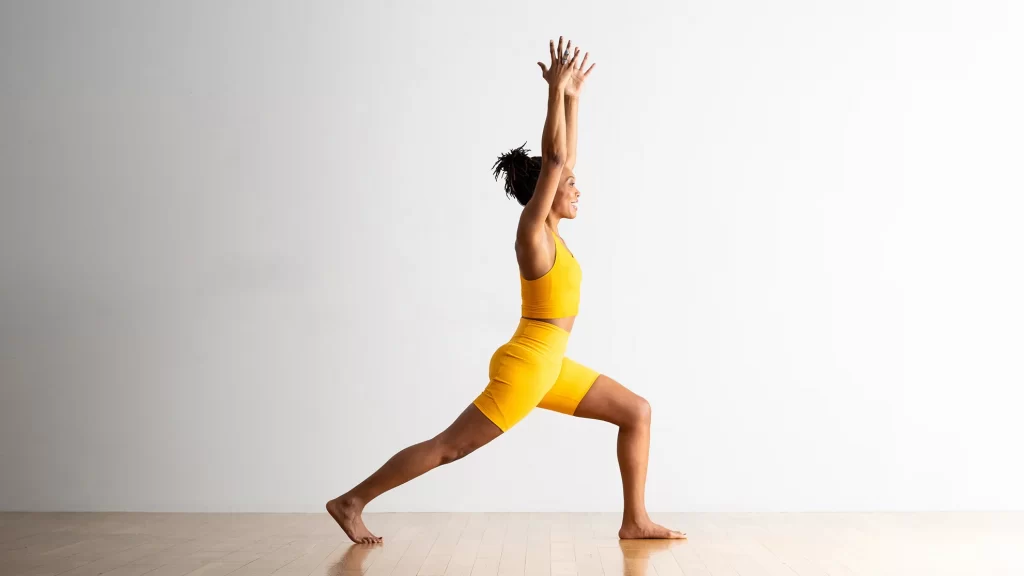With the recent news of successful vaccine trials and results, people can start to feel some hope and may even see a light at the end of the tunnel.
But what a lot of governments are reiterating is that everyone stays vigilant by paying attention to symptoms, isolating when necessary and social distancing. We can see with the still soaring cases in the US that there is still a long way to go and we still need to do our part.
It’s easy to get confused as we enter the winter and the common cold rears its ugly head. Similarly, with Covid-19 people experience a wide variety of symptoms and to varying degrees and lengths of time.
A lot of us are getting lazy and have fallen into the trap of not being as vigilant, maybe not isolating as much as we should.
See, this list as a good reminder of things to look out for and pay attention to. If you notice any of these symptoms self isolate for a period of 14 days from when your symptoms have gone.
Now as we are closing in on the one year anniversary of Covid-19, let us have a quick recap of the symptoms so we know when to get tested and when to isolate.
Common Symptoms
- Shortness of breath
- Cough
- Fever
96% of Covid-19 sufferers will likely experience at least one of these symptoms with almost 50% experiencing all three.
Other Common Symptoms
- Loss of taste and smell
- Sore throat
- Muscle pain
Some even report these as the first symptoms they receive, especially a new loss in smell and taste.
More Serious Symptoms
- Shortness of breath or breathless (you get out of breath quickly and find it hard to complete the simplest of physical tasks or even complete a sentence)
Covid-19 can also have some serious symptoms that should be cause for alarm. While these are more prevalent the older you are (usually 60+), it is important not to discard them as people much younger have sadly suffered the devastating consequences of Covid-19. If you start to experience any of these symptoms you should think about going to see your GP or go to the hospital.
When Do Symptoms Start and End
This again differs from person to person. Symptoms can appear anywhere from 2 days after exposure to 14 days, and can last for an indeterminate amount of time.
What Should You Do When Experiencing Symptoms?
If you think you have any of the above symptoms, even if you think they’re mild or ‘just a cold’, you should carefully follow this advice.
- Immediately isolate yourself from others as best you can and let everyone you have been in contact with over the past week know that you are having symptoms. If you are having more than one of the symptoms above it would be best practice for those that you have been in close contact with to isolate themselves as well.
- Monitor your symptoms carefully to see if they worsen. Most people experience very mild symptoms and do not require a doctor to regain health. If they do worsen or you encounter some of the serious symptoms listed above call your doctor or go to the hospital by car if possible.
- If they do worsen and you contact your doctor you should request a Covid-19 test. The results of the test will let you know if you need to continue isolating.
With a vaccine on the horizon, the best thing we can do right now is look after our neighbour by tracking our symptoms, isolating and social distancing when necessary. The only way to get through this is to act selflessly and be sensible.



